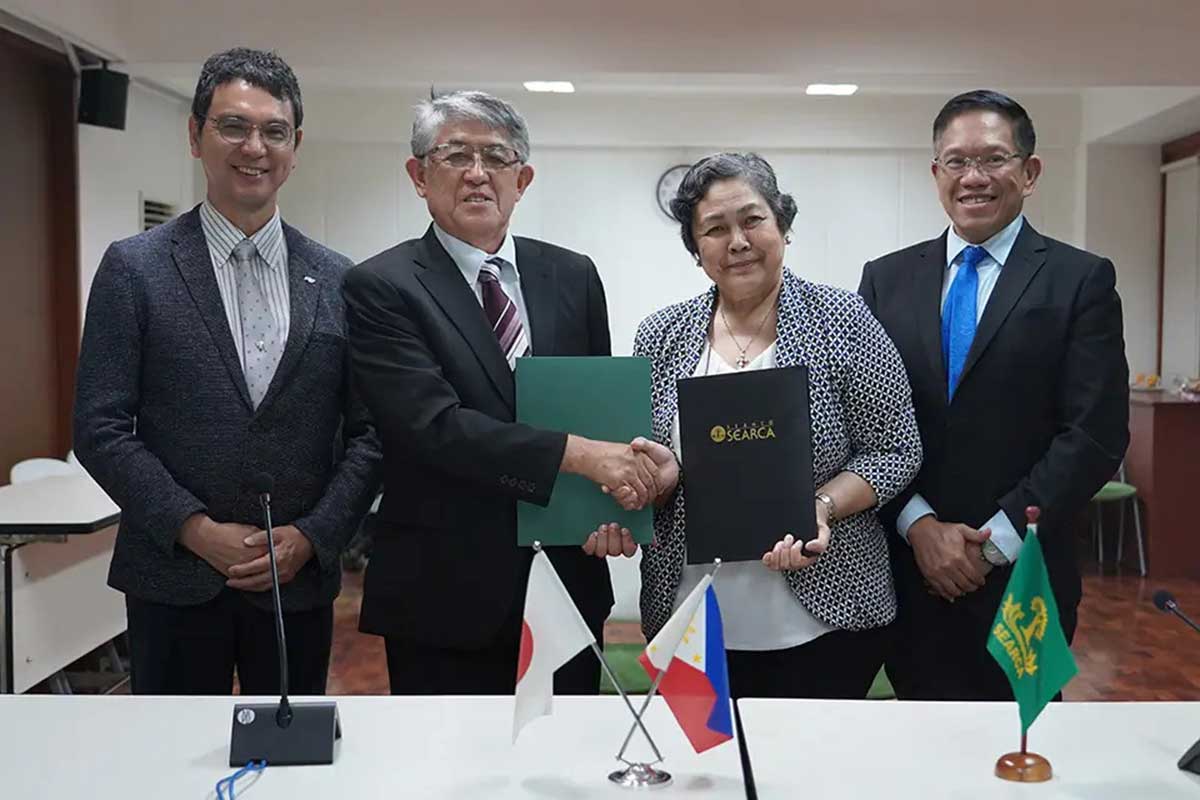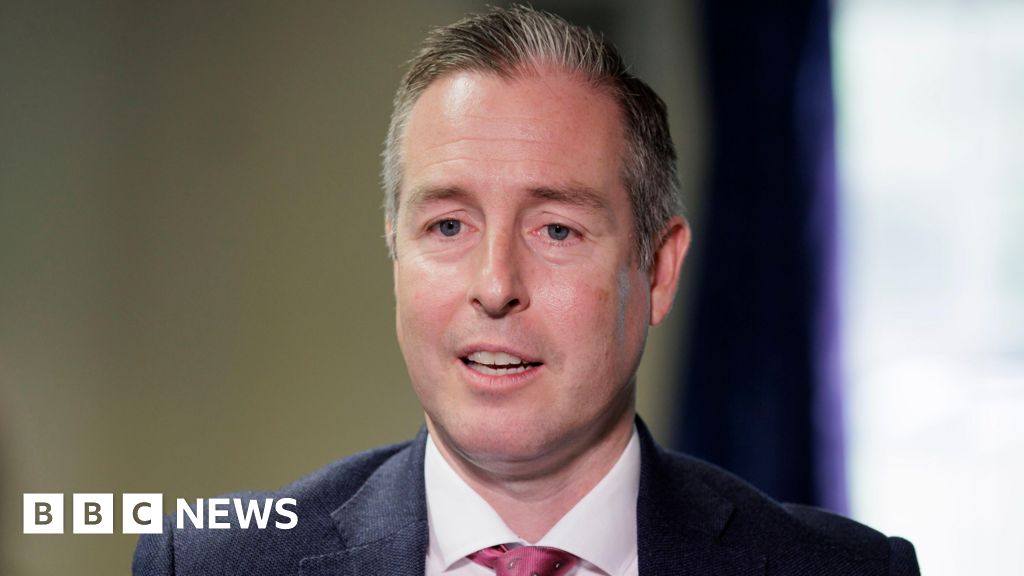Copyright independent

From construction and engineering to hospitality and beauty, Further Education teaching opens up doors to a wide range of careers. Encompassing a range of technical and vocational courses and qualifications for those over 16 who aren’t studying for a degree, it offers a more hands on, industry-led approach to learning. Further Education offers a more focused, vocational approach and a fast-track into the workplace. It allows you to build on your existing skills and experience while shaping the next generation of professionals in your field. To find out more, we spoke to Further Education students and teachers about how it works and what they get out of it. Further Education qualifications can be started from the age of 16. “It's a step up from school but it doesn't involve so much independent learning and research as many Higher Education degrees,” explains Susan Simmonds, 52, a Further Education lecturer in Land and Wildlife Management at Sparsholt College Hampshire. “During this time, learners gain so much maturity and a qualification that can take them out into industry,” Sometimes this study might be full-time in college, while other Further Education opportunities offer apprenticeships, with students gaining qualifications while working on the job. Overall, the courses are generally more practical and directly linked to industry and preparing learners for their future careers. “These courses give students a wide range of relevant experience, knowledge and skills during a time when they're maturing, and becoming ready to transition into the world of work,” Susan says. There are often myths and misconceptions about the world of Further Education. From the learner side, many people don’t necessarily realise the opportunities available to them through Further Education, as Meri, 17, who is studying an Extended Technical Diploma in Land and Wildlife Management Level 3 at Sparsholt College, explains. “Many people I have spoken to don’t realise there are multiple ways to prepare for a career in industry, and that courses like mine can open those doors.” For Meri, it’s been a really positive experience, and one that has helped prepare her for the workplace. “The college has a lot of contacts with industry and the assignments we do are similar to professional reports.” Meanwhile, Zach, 17, who is on the same course, has also thrived at the Further Education college: “I have been able to meet far more friends and great people and I feel as though it has helped me grow. It’s also provided many opportunities to experience real-world practical work.” For those training or working as Further Education teachers, often after years spent in a specific industry sector, it’s the students that make their new career so rewarding. David Hobson, 54, who teaches the Motor Vehicle course at Stockton Riverside College, found that the job satisfaction he gets from sharing his personal know-how with the next generation of workers has kept him in Further Education teaching for 16 years. “The benefits of passing on my skills to young people keep me going. It’s an opportunity for me to equip learners with the industry skills and knowledge they need to succeed in their careers” Susan, who teaches Further Education part-time alongside her work as a Community Ecologist, has had a similar experience: “I find the work really energising. Young people are so full of life and enthusiasm that I come home feeling uplifted.” Whether it's part-time alongside your current job or a switch to full-time teaching, Further Education teaching can be a really rewarding and valuable career move. Teaching in a mixture of colleges (often General Further Education Colleges or Sixth Form Colleges) and Adult and Community Learning Centres, as well as workplace and apprenticeship settings, it can fit around your life and other commitments. While typical full-time contracts are around 35 hours a week, there are also some part-time or flexible options available. Real world industry experience across a wide range of jobs can set you on a path to becoming a Further Education teacher, with opportunities in everything from construction and healthcare, to engineering, digital, hospitality, tourism and beauty. You don't always need teaching qualifications to start teaching in further education, you can undertake training on the job which is often funded by your employer. If, like Susan and David, you see the appeal of sharing the industry knowledge and skills you’ve developed with the next generation, exploring the option of becoming a Further Education teacher can be a great next step. As David points out, “You won’t know how enjoyable it is until you try it.” Looking for a new role that’s rewarding, flexible and draws on your current career? Why not consider sharing your experience where it matters most – helping inspire the next generation of workers in the field you love? Visit the Further Education website to find out more



